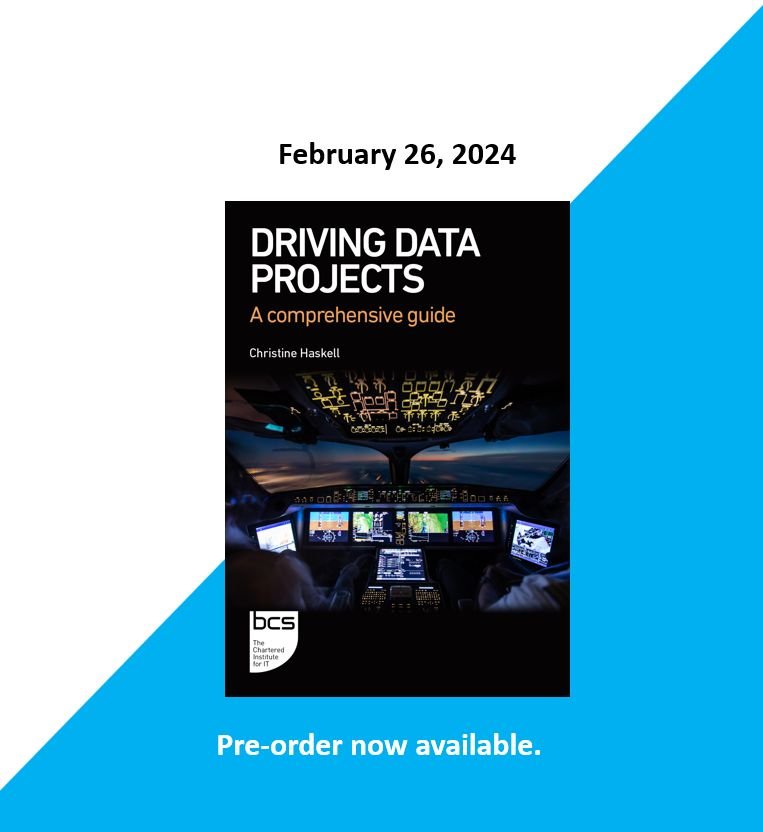Countdown: Book Excerpt Chapter 3
Here is an excerpt from my forthcoming book, ‘Driving Data Projects: A Comprehensive Guide, set to release on February 26th, 2024.
👉 The U.S., CAN, and UK pre-order links are available here or on Amazon
Until an organization is willing to invest in its data capabilities, aligning data resources to answer complex business questions will be like riding a bicycle to chase a Formula One racer and never catching up. Scoping project opportunities well is about building enough trust to eventually scale resources. While a single project manager can accomplish some initiatives, most data projects require multi-disciplinary resources to execute.
For example, automating reports requires data scientists and data engineers. Data literacy and culture work require partners from across the organization and should leverage existing mechanisms from human resources and communities of learning or centers of excellence. Adding or loaning resources to a project contributes to its objectives, provides needed expertise, and ensures project outputs meet user needs.
🎯So what?
Data teams must find and nurture adequate funding, resources, and capabilities—we need that capacity to keep up with the fact that there is an ongoing and ever-increasing demand to supply data for business decision-making. So, how do you keep your staff and leverage additional resources?
🎯Why should we care?
Whenever humans are involved, emotions are present. Data elicits a lot of emotions in people. Emotions run the entire spectrum from the hopeful enthusiasm of early partnership to the irritation of temporary solutions to confusion about what will be delivered to dissatisfaction and burnout from siloed efforts. The project manager benefits from leveraging ADKAR change management techniques to continually assess the awareness, desire, knowledge, ability, and reinforcement needed to inform stakeholders and the organization wherever they are on that emotional spectrum.[1]
🎯Why does this matter now?
Thinking past ad hoc projects to a more operationalized view of data management is ambidexterity in action. We must move into the discomfort of becoming bi-modal: able to accommodate short-term ad-hoc efforts while balancing larger, more impactful efforts.
When we lack awareness and understanding of how the data supply chain works, particularly our role in that context, we have difficulty understanding our role as an advocate. Effective and lasting culture change requires effective advocacy.
Chapter 3 | Determine Resources
[1] Callout: The word “ADKAR” is an acronym for the five outcomes an individual needs to achieve for a change to be successful: Awareness, Desire, Knowledge, Ability, and Reinforcement. The model was developed nearly two decades ago by Prosci, mentioned in the Resources section of the book.
